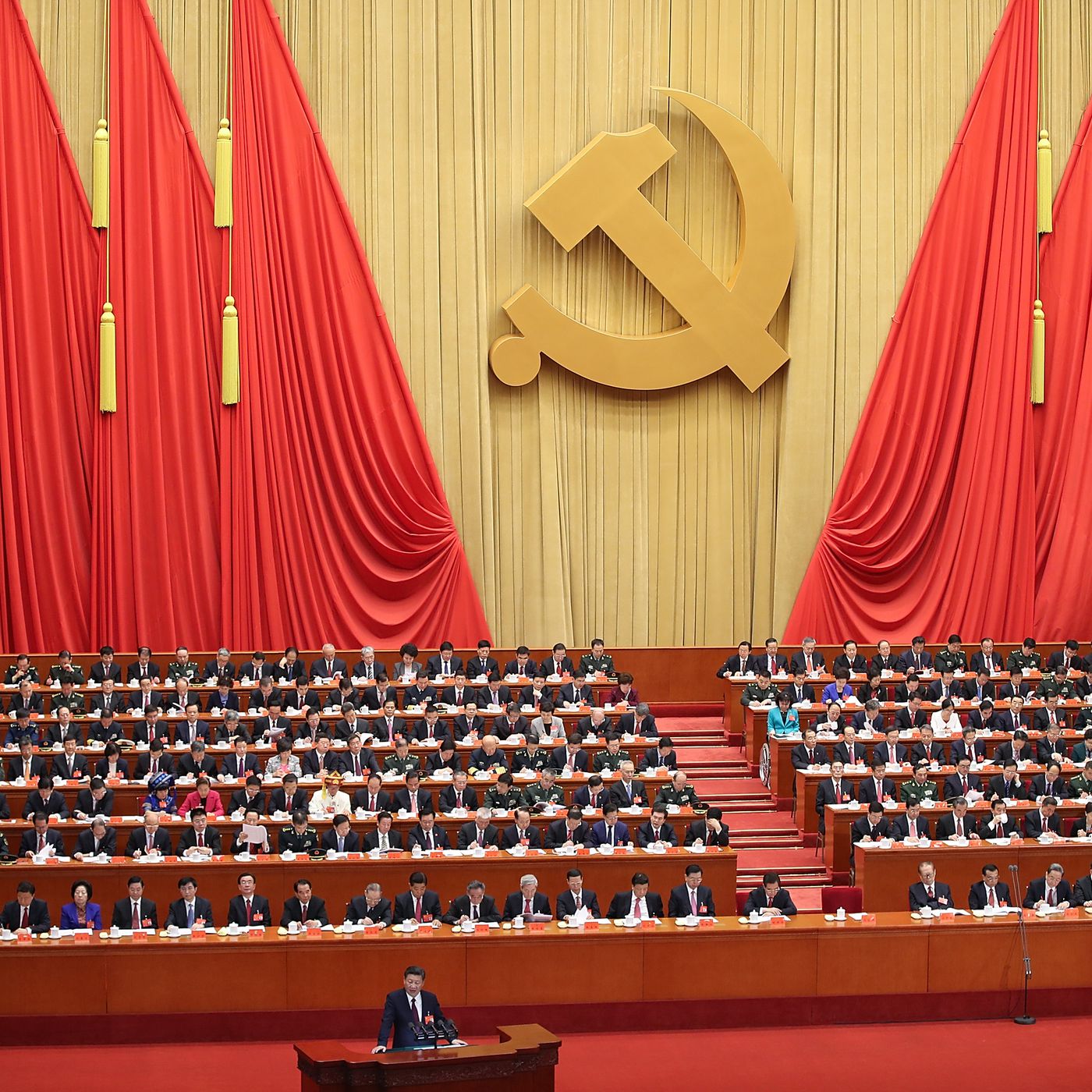The same with the DPRK! Just one more and I swear their government will collapse!
KKSankara
Thank you
It is more complicated than other examples of indignity because of Taiwan's unique history of colonial dominance, that being that it isn't a settler colonial project. The Han people there are not there with the explicit purpose of the eradication of the island's indigenous peoples. This is why I include the island's mostly Han proletariat as having, to an extent, to say in self determination. This situation is a lot less cut and dry than a settler colonial state like Israel, where the settler proletariat, due to their settler status, does not have any say in the self-determination and state of Palestine, only the Palestinians do.
The only people in Taiwan with the right to self determination are the Taiwanese Indigenous peoples and Taiwan's proletariat. And because of the constant state of western interference and propaganda upon the populace in Taiwan, much like South Korea, the are more barriers to understanding that being apart of the PRC, like Hong Kong and Macau, is a good thing in the long run.
While The White Terror did end, we must recognize that the ROC itself is still a western backed colonially dominated capitalist regime, and is therefore illegitimate.
What's the point of their recent visits then? Just a fuck you to China? The US is stupid, but I also believe they believe China is a real threat, especially militarily, so why do this if it's no provocation?

Now the youth of October take the lead!